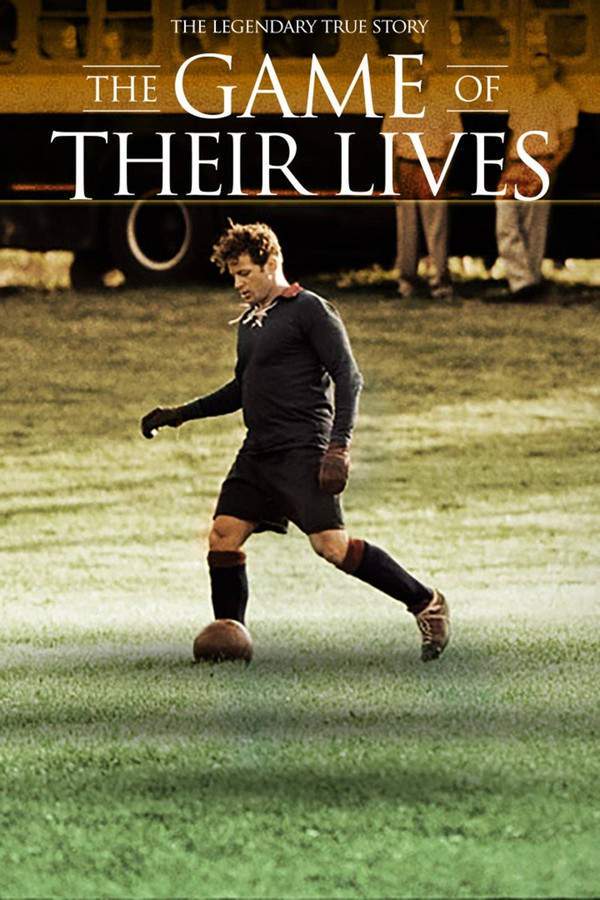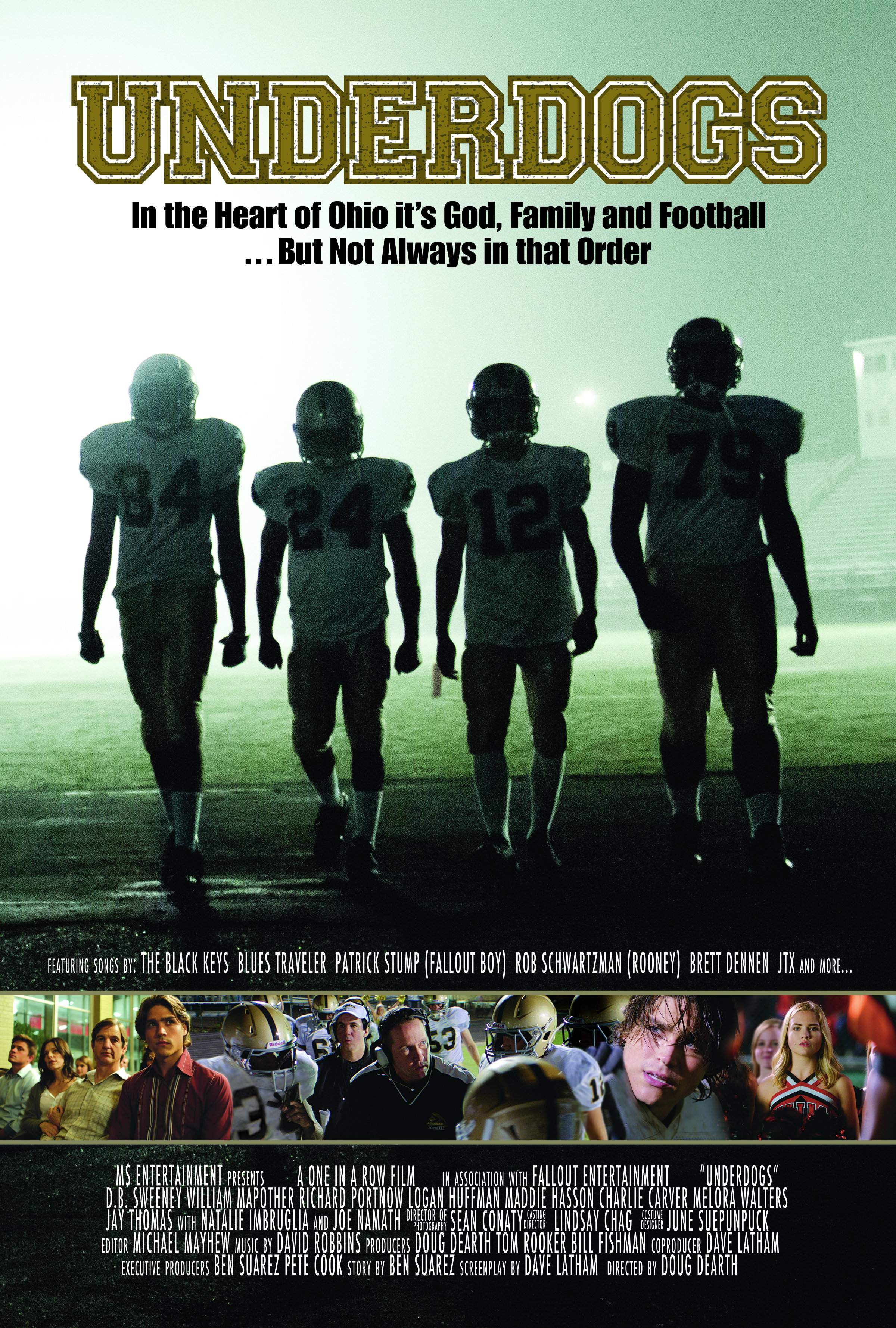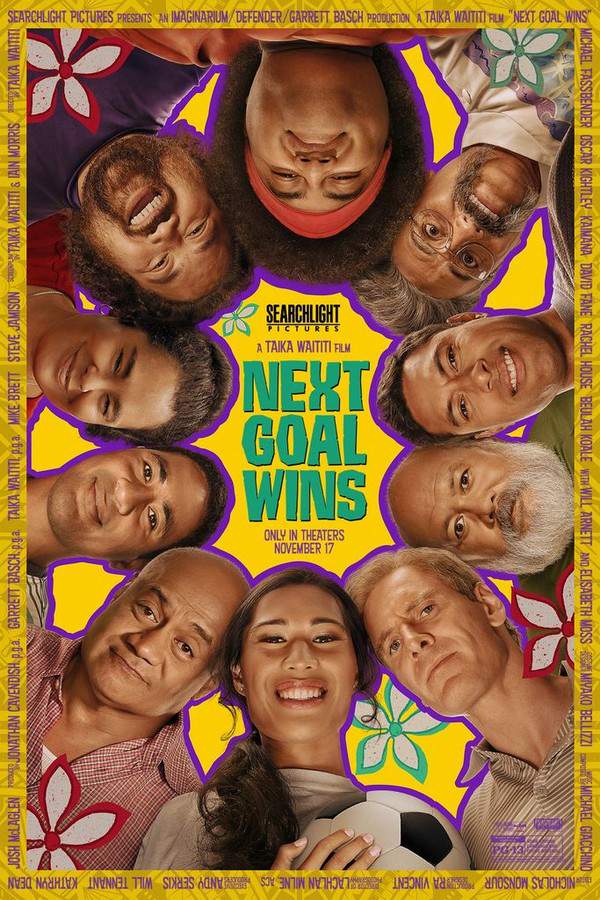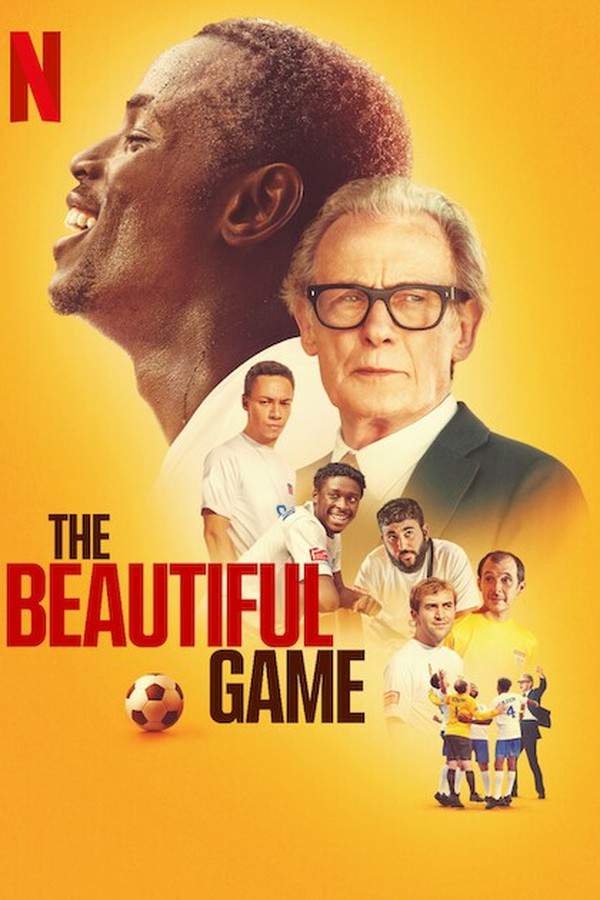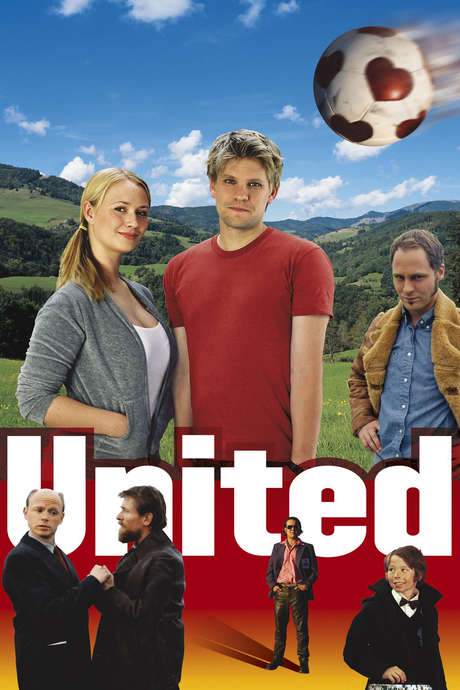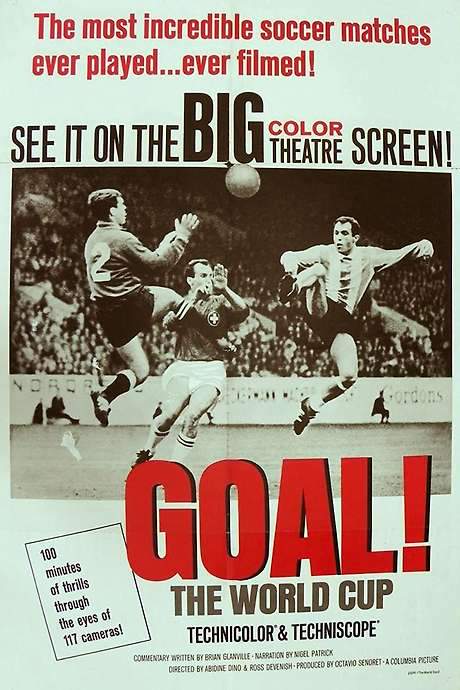United Passions 2015
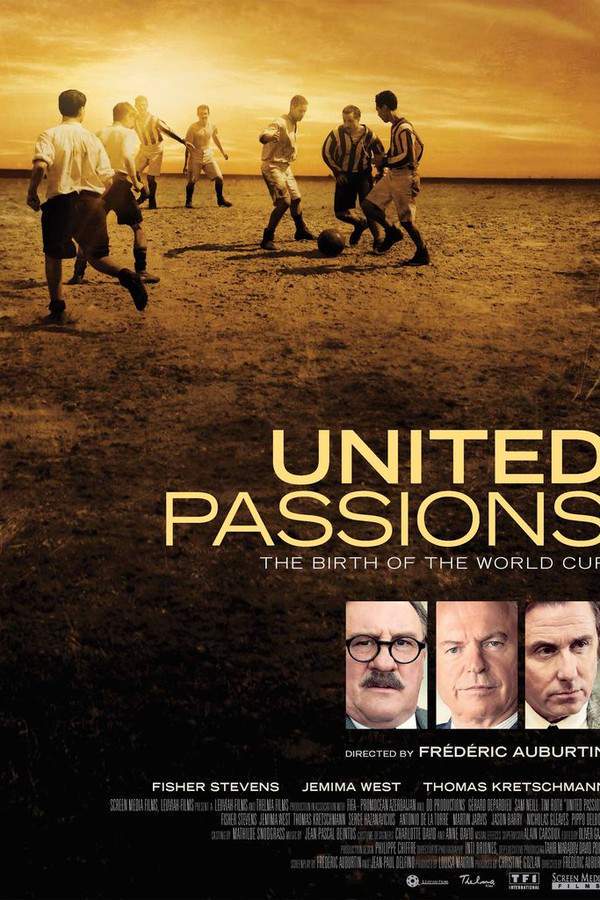
Driven by a shared passion, three influential figures – Jules Rimet, João Havelange, and Sepp Blatter – work tirelessly to establish the first FIFA World Cup. Facing internal conflicts and political obstacles, they navigate complex challenges as they strive to unite the world through the beautiful game and realize their ambitious vision for international football.
Does United Passions have end credit scenes?
No!
United Passions does not have end credit scenes. You can leave when the credits roll.
Meet the Full Cast and Actors of United Passions
Explore the complete cast of United Passions, including both lead and supporting actors. Learn who plays each character, discover their past roles and achievements, and find out what makes this ensemble cast stand out in the world of film and television.
No actors found
External Links and Streaming Options
Discover where to watch United Passions online, including streaming platforms, rental options, and official sources. Compare reviews, ratings, and in-depth movie information across sites like IMDb, TMDb, Wikipedia or Rotten Tomatoes.
Ratings and Reviews for United Passions
See how United Passions is rated across major platforms like IMDb, Metacritic, and TMDb. Compare audience scores and critic reviews to understand where United Passions stands among top-rated movies in its genre.

1
Metascore
0.8
User Score


0%
TOMATOMETER

13%
User Score

2.1 /10
IMDb Rating

33
%
User Score

1.9
Take the Ultimate United Passions Movie Quiz
Challenge your knowledge of United Passions with this fun and interactive movie quiz. Test yourself on key plot points, iconic characters, hidden details, and memorable moments to see how well you really know the film.
United Passions Quiz: Test your knowledge about the fictionalized history of FIFA and its key figures as depicted in 'United Passions'.
Who was the driving force behind the formation of FIFA?
Robert Guérin
Jules Rimet
João Havelange
Sepp Blatter
Show hint
Full Plot Summary and Ending Explained for United Passions
Read the complete plot summary of United Passions, including all major events, twists, and the full ending explained in detail. Explore key characters, themes, hidden meanings, and everything you need to understand the story from beginning to end.
As the 20th century dawns, Robert Guérin (the pivotal force behind FIFA, both then and now) boldly confronts the English football federation’s refusal to join an international governing body for the sport. With an unwavering spirit, he establishes FIFA and takes on the role of its first president in 1905. Fast-forwarding to the mid-1920s, Jules Rimet (serving as FIFA’s second-in-command during this time) faces a significant hurdle: despite Uruguay’s triumphant win at the 1924 Summer Olympic football games, his attempts to publicly disparage their success backfire, leaving the media in the dark about FIFA’s existence. Undaunted, Rimet realizes the only way to increase the organization’s visibility is to create a truly international tournament—an event that would transform the landscape of football forever: the World Cup.
Years of relentless dedication follow, with Rimet steering the ship until an unexpected letter from Enrique Buero arrives, offering a vital source of financial backing. This fortuitous support enables FIFA to finally host its first World Cup in 1930, which Uruguay ultimately claims as their own. As time progresses, Rimet navigates the Great Depression, the ominous specter of war, and internal turmoil within FIFA, successfully organizing the 1938 World Cup before the devastation of World War II derails his plans for tournaments in 1942 and 1946.
In the aftermath of the war, Rimet regains traction, orchestrating two additional World Cups in 1950 and 1954. As FIFA begins to thrive with the addition of new members worldwide, a new chapter unfolds in the organization’s history. Enter João Havelange, who takes the presidency of FIFA, utilizing modern lobbying tactics and a flair for extravagant travel to secure his position. Faced with a daunting financial crisis, Havelange diligently pursues sponsorship opportunities to stabilize operations. Throughout this journey, he is closely supported by Sepp Blatter, who earns recognition as Havelange’s reliable right-hand man—a legacy that eventually positions Blatter for the presidency of FIFA.
Yet, the once-mighty organization begins to show signs of decay due to corruption, a problem that has been lingering since Havelange’s expansionist reign. With Blatter now leading, he faces the Herculean task of ridding FIFA of this corruption, a challenge that brings him both acclaim and criticism. Known as a staunch defender against corrupt practices, many officials within FIFA conspire against Blatter in an effort to unseat him.
Unmoved by these conspiracies, Blatter executes a brilliant maneuver in 2006, threatening to expose the sordid dealings of those who plot against him. The corrupt factions within FIFA concede, forced to align themselves with Blatter’s presidency if they wish to escape accountability for their past misdeeds.
Ultimately, this resolute leader emerges victorious, with his legacy solidified by the announcement of South Africa as the host for the 2010 World Cup—a symbol of optimism that glimmers brightly amid the shadows of a sport tainted by corruption.
Uncover the Details: Timeline, Characters, Themes, and Beyond!

Coming soon on iOS and Android
The Plot Explained Mobile App
From blockbusters to hidden gems — dive into movie stories anytime, anywhere. Save your favorites, discover plots faster, and never miss a twist again.
Sign up to be the first to know when we launch. Your email stays private — always.
Watch Trailers, Clips & Behind-the-Scenes for United Passions
Watch official trailers, exclusive clips, cast interviews, and behind-the-scenes footage from United Passions. Dive deeper into the making of the film, its standout moments, and key production insights.
United Passions Themes and Keywords
Discover the central themes, ideas, and keywords that define the movie’s story, tone, and message. Analyze the film’s deeper meanings, genre influences, and recurring concepts.
United Passions Other Names and Titles
Explore the various alternative titles, translations, and other names used for United Passions across different regions and languages. Understand how the film is marketed and recognized worldwide.
Similar Movies To United Passions You Should Know About
Browse a curated list of movies similar in genre, tone, characters, or story structure. Discover new titles like the one you're watching, perfect for fans of related plots, vibes, or cinematic styles.
Quick Links: Summary, Cast, Ratings, More

What's After the Movie?
Not sure whether to stay after the credits? Find out!
Explore Our Movie Platform
New Movie Releases (2025)
Famous Movie Actors
Top Film Production Studios
Movie Plot Summaries & Endings
Major Movie Awards & Winners
Best Concert Films & Music Documentaries
Movie Collections and Curated Lists
© 2025 What's After the Movie. All rights reserved.












